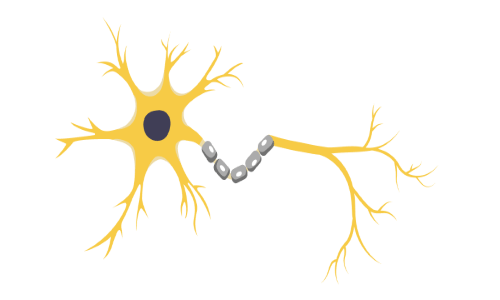
Managing Anxiety for Clients with Memory Impairment
Open to access this content

Open to access this content

Open to access this content

Open to access this content

Open to access this content

Open to access this content